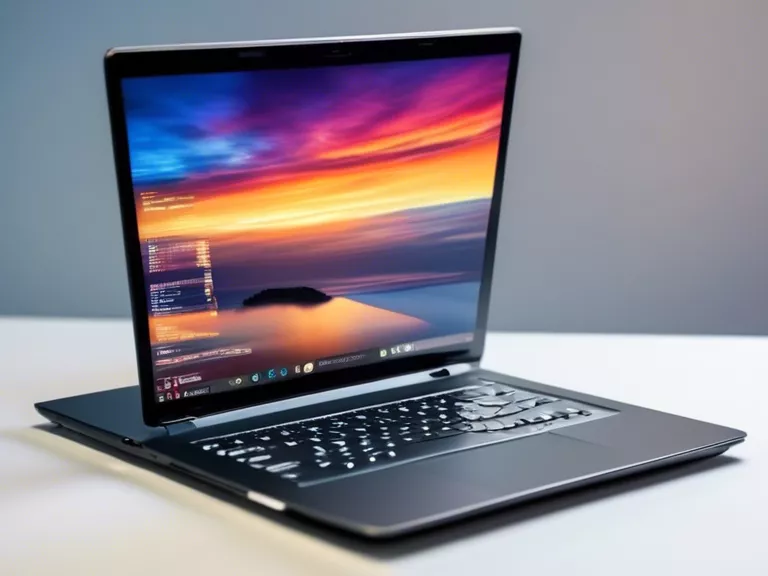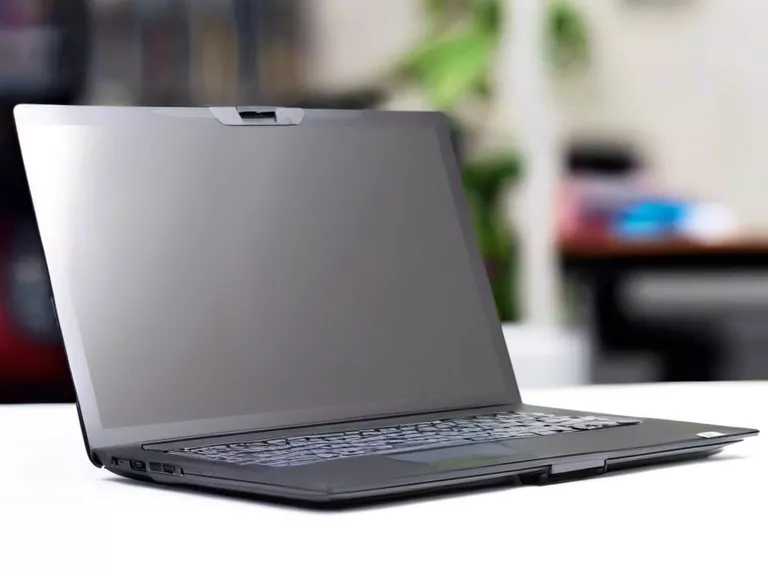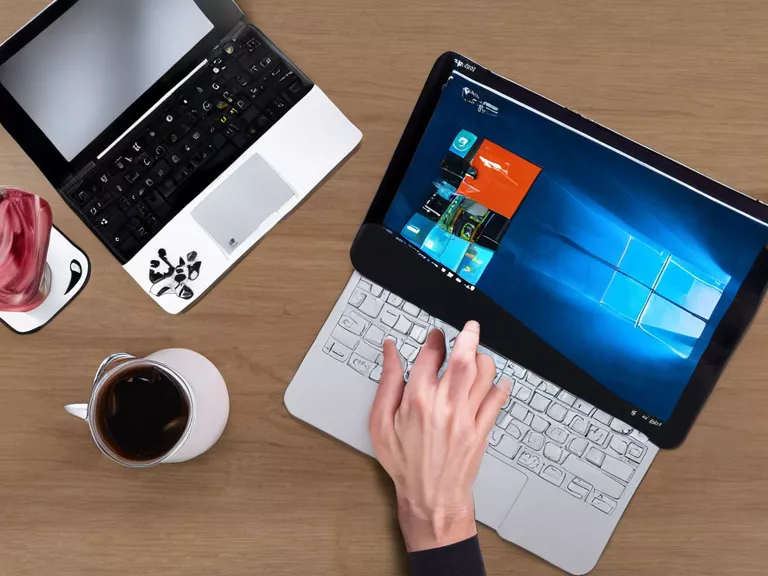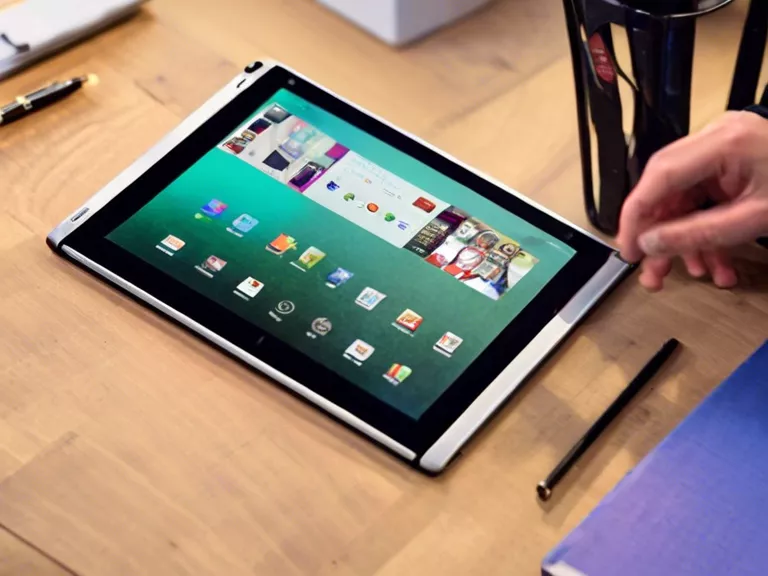
Comparing Different Laptop Operating Systems for Beginners
When it comes to choosing a laptop operating system, beginners often feel overwhelmed by the variety of options available in the market. From Windows to MacOS to Linux, each operating system has its own unique features and advantages. In this article, we will compare these popular laptop operating systems to help beginners make an informed decision.
Windows
Windows is one of the most widely used operating systems in the world. It is known for its user-friendly interface, compatibility with a wide range of software and hardware, and extensive support. Windows also offers a variety of built-in features such as Cortana virtual assistant and Microsoft Edge browser. However, Windows can be vulnerable to viruses and malware if not properly secured.
MacOS
MacOS is the operating system used exclusively on Apple MacBooks. It is known for its sleek design, high performance, and seamless integration with other Apple devices. MacOS also offers features like Siri virtual assistant and iCloud for easy data synchronization. However, MacOS has a limited software library compared to Windows and can be expensive to upgrade.
Linux
Linux is an open-source operating system that offers a high level of customization and flexibility. It is favored by developers and tech enthusiasts for its robust security and stability. Linux also has a huge community of users who provide support and contribute to its development. However, Linux can have a steep learning curve for beginners who are not familiar with command-line operations.
In conclusion, the choice of a laptop operating system ultimately depends on the user's personal preferences and needs. Windows is ideal for beginners who value ease of use and compatibility, MacOS is perfect for those who prefer a premium and seamless experience, and Linux is great for those who seek customization and security.



